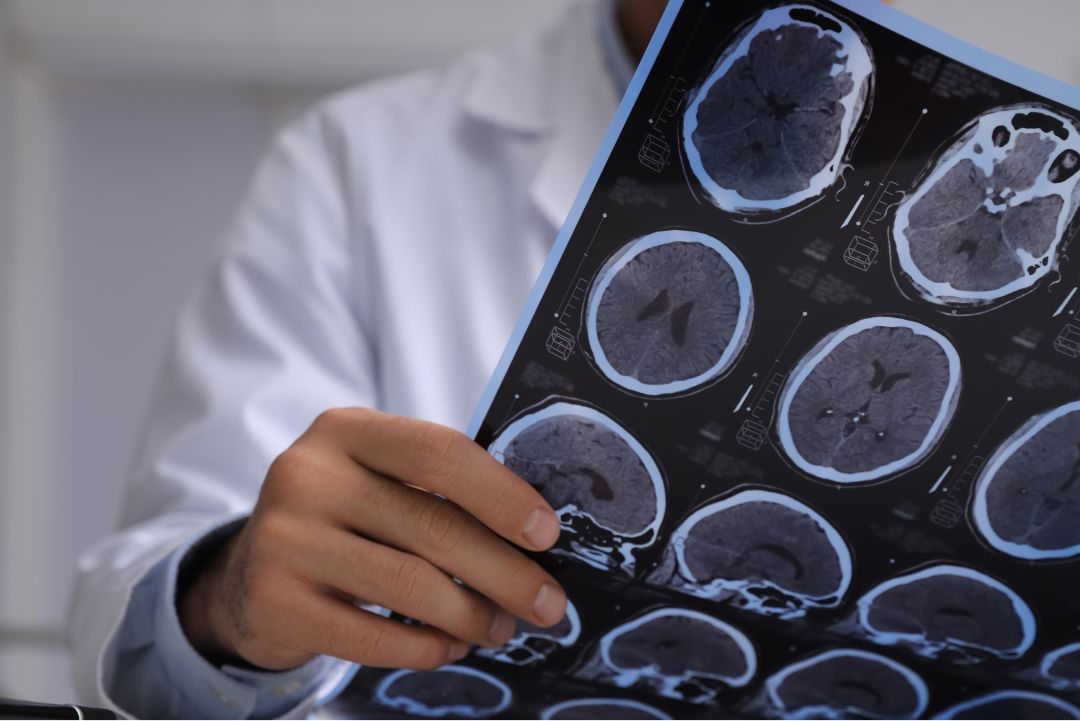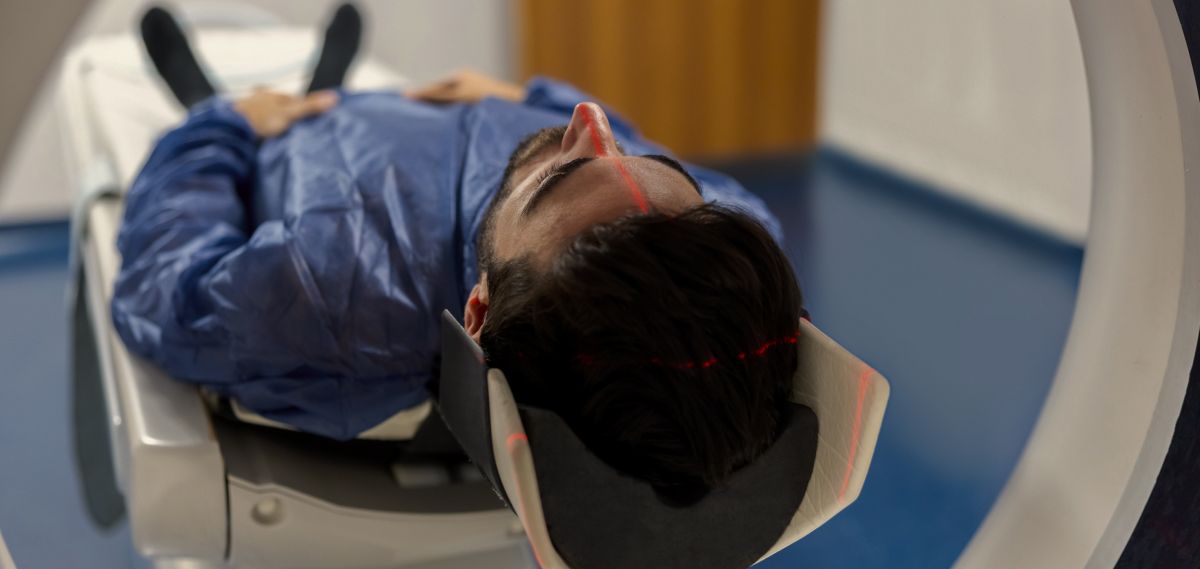
Why Communication Matters: Unveiling the Importance of Cognitive Communication Assessments for TBI Recovery


Traumatic brain injuries (TBIs) can have a profound impact not just on your physical well-being, but also on your ability to communicate effectively. This is where cognitive communication assessments come in – playing a vital role in identifying and addressing communication challenges that may arise after a TBI
Here’s why these assessments are crucial for a successful TBI recovery:
•Beyond Words: The Scope of Communication:
Communication goes beyond simply speaking or understanding words. It encompasses various skills like:
Attention and focus: Staying on topic and following conversations.
Memory: Recalling information and using it appropriately during communication.
Problem-solving: Formulating clear and concise thoughts, adapting to different conversational situations.
Social skills: Understanding nonverbal cues, maintaining eye contact, taking turns speaking.
•Hidden Deficits: TBI can lead to subtle communication difficulties that might not be readily apparent. These assessments help uncover hidden deficits that could hinder your ability to interact with others in everyday life.
Examples of Communication Challenges After TBI:
Word-finding difficulties: Struggling to find the right words to express yourself.
Sequencing thoughts: Organizing your thoughts and presenting them logically.
Following conversations: Difficulty staying focused on a conversation, losing track of the topic.
Misinterpreting social cues: Taking things literally, missing nonverbal cues like sarcasm or humor.
•The Assessment Process: A comprehensive cognitive communication assessment may involve:
Standardized tests: Evaluating specific cognitive domains related to communication.
Informal conversation analysis: Observing your communication style and identifying potential areas of difficulty.
Questionnaires: Gathering information from you and your loved ones about communication challenges faced in daily life.
•Benefits of Assessment and Intervention: Early identification and intervention for communication difficulties can significantly improve your recovery. Benefits include:
Enhanced communication skills: Improved ability to express yourself clearly and understand others.
Increased social participation: Greater confidence in engaging in social interactions.
Improved quality of life: Enhanced communication skills can significantly improve your overall well-being.
McDonald Trial Lawyers recognize the importance of communication in your recovery. We will work with you to ensure you have access to qualified speech-language pathologists (SLPs) who can conduct comprehensive cognitive communication assessments. Our goal is to help you regain your voice and reclaim your ability to connect with those around you after a TBI.
Learn more about Traumatic
Brain Injuries Treatments Available:
Request Free Consultation
Start your Free Case Evaluation by using the form below. You’ll get a fast response from one of our team members







